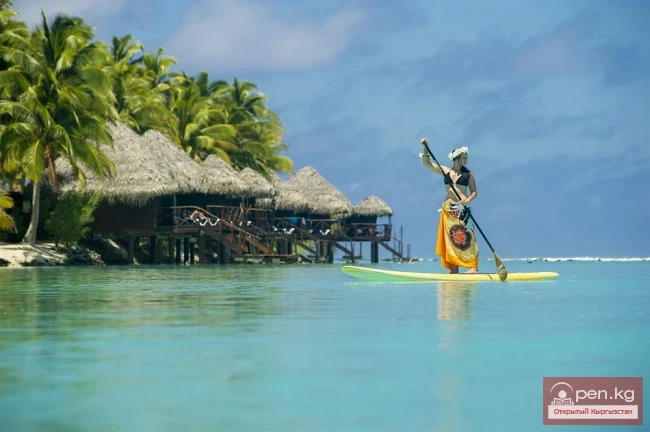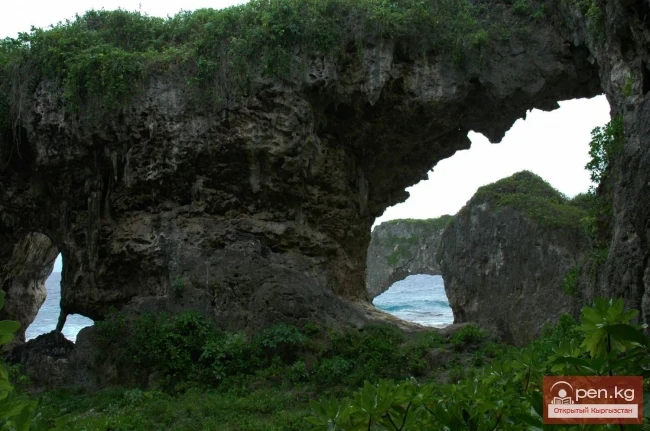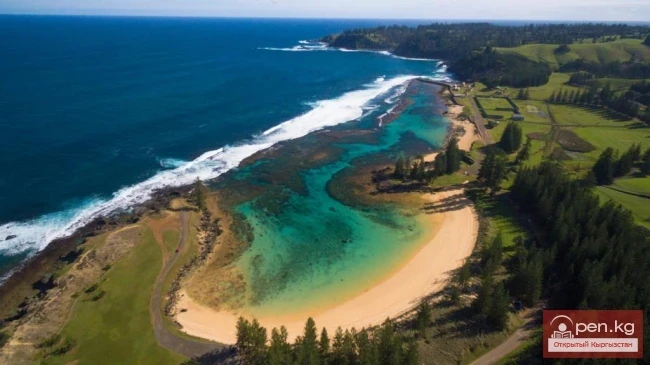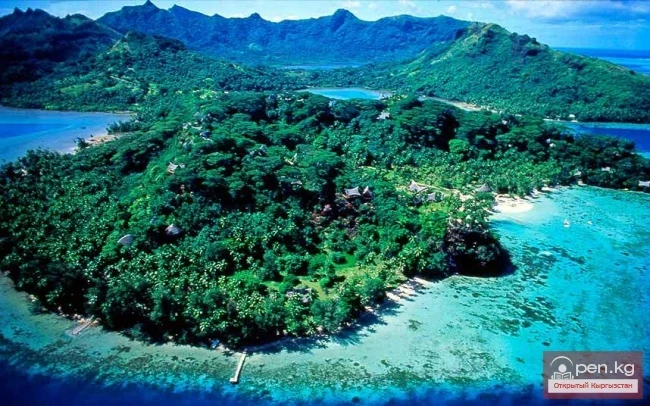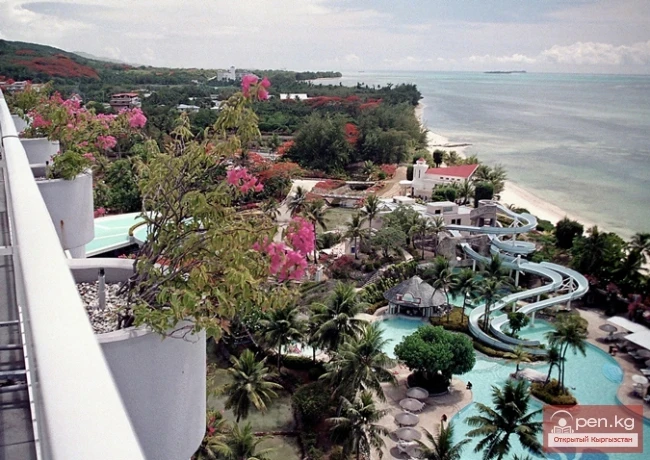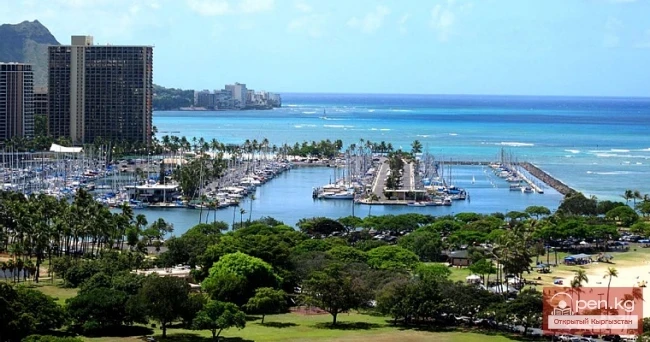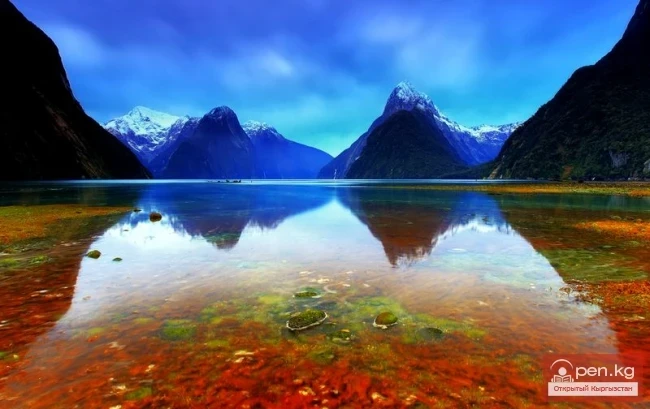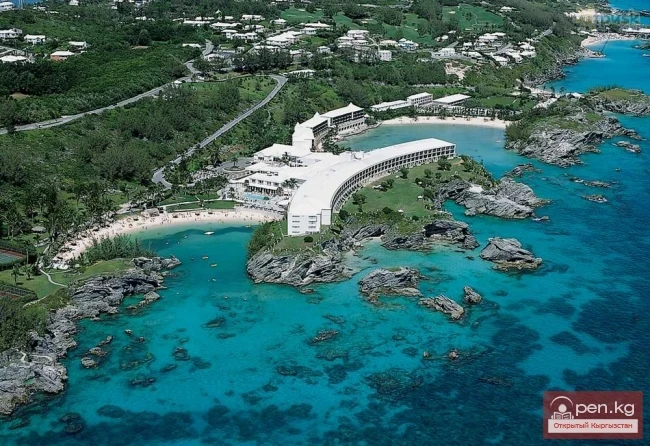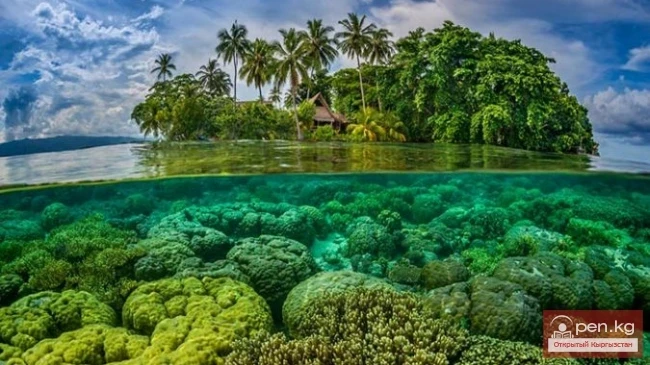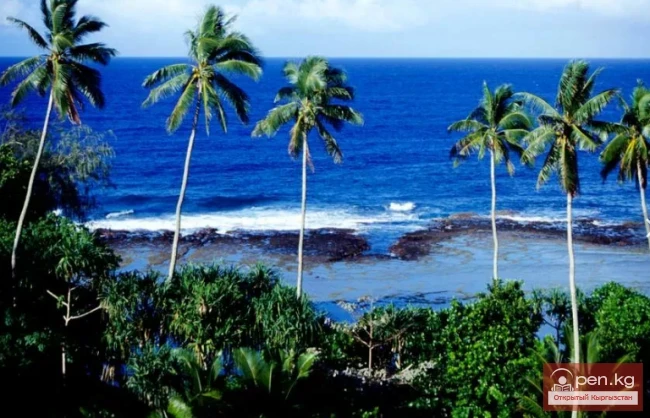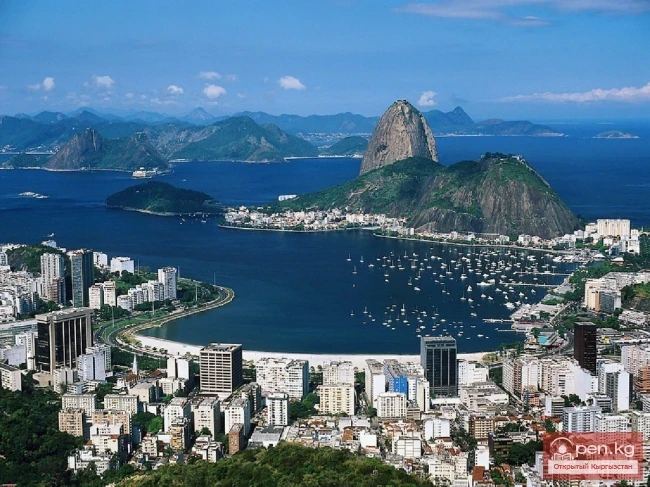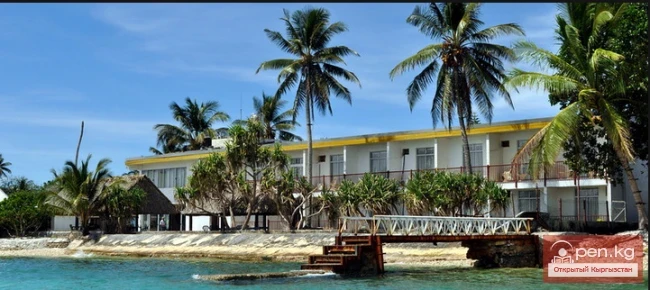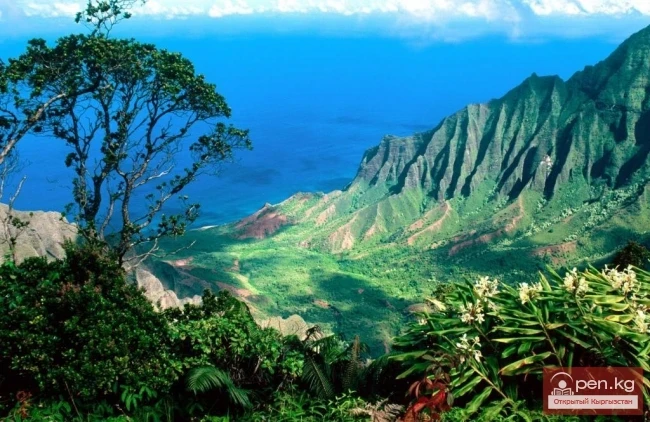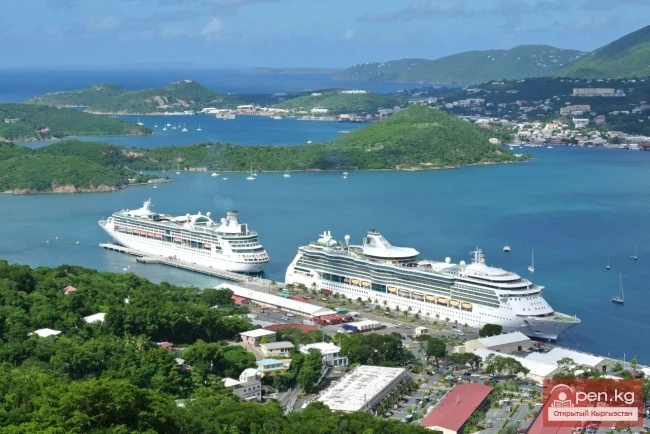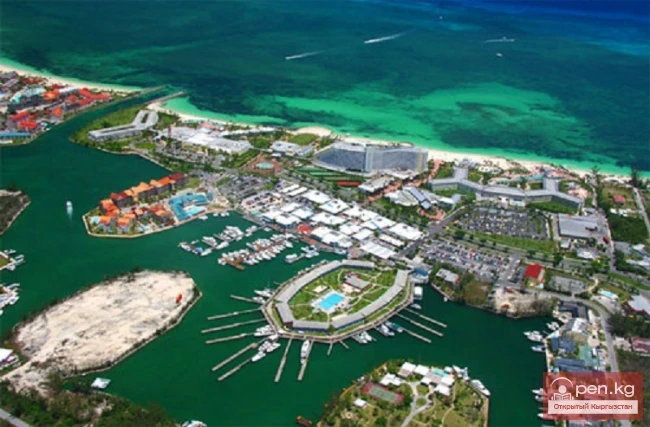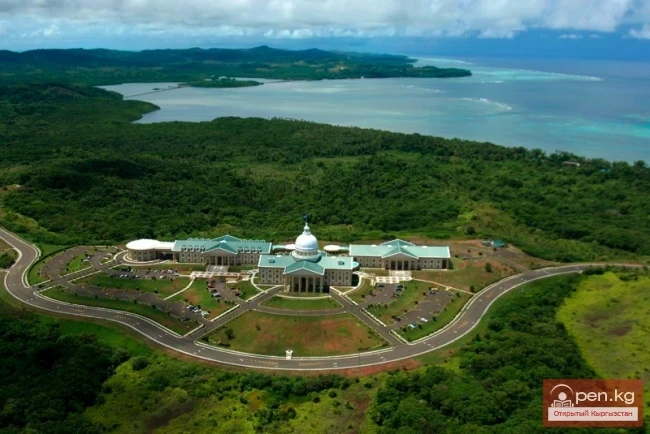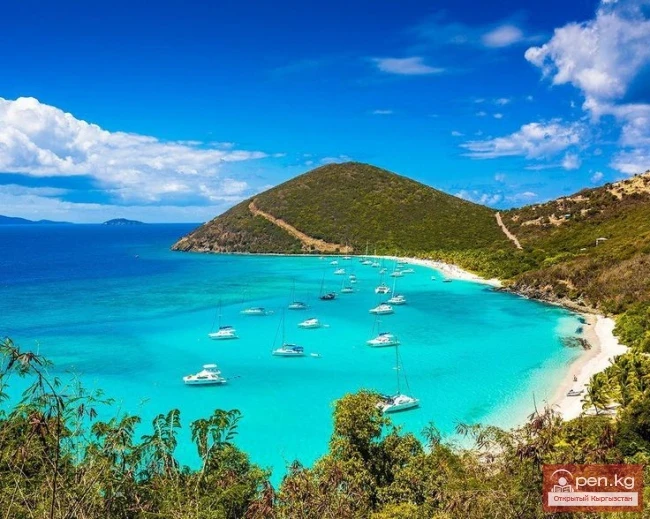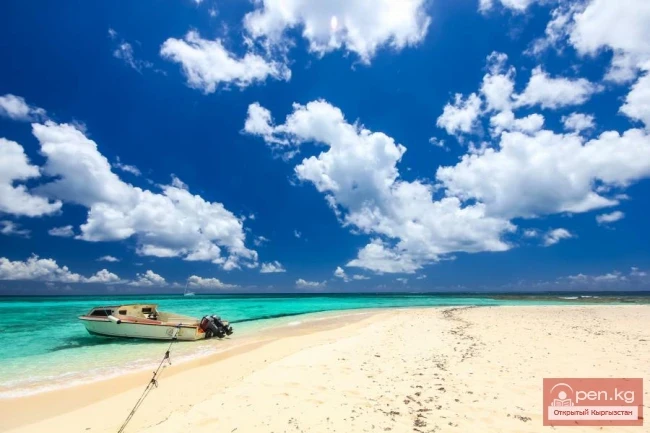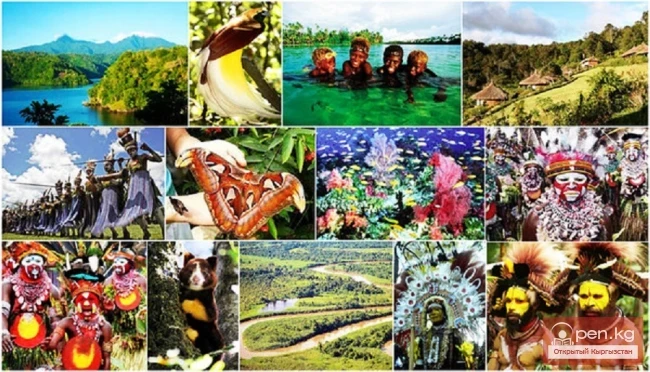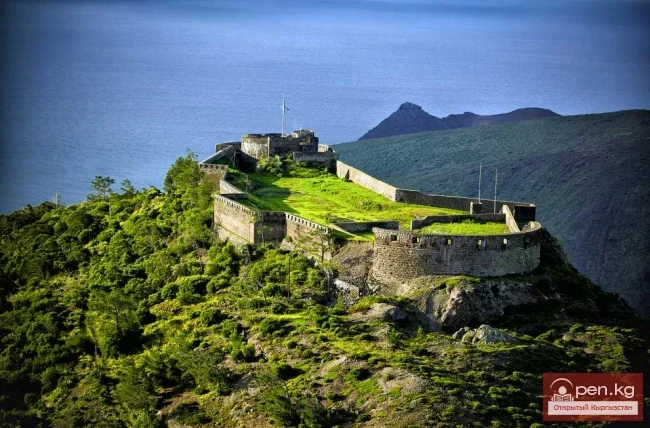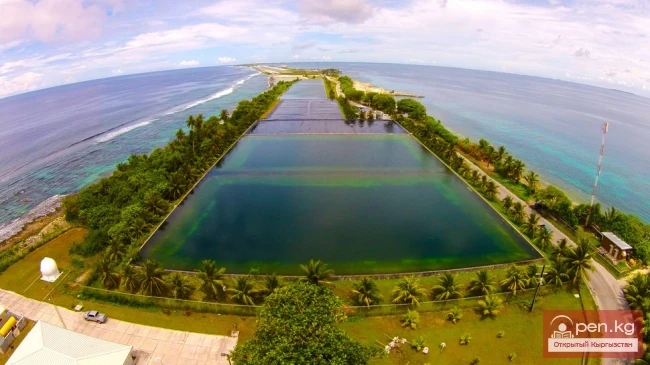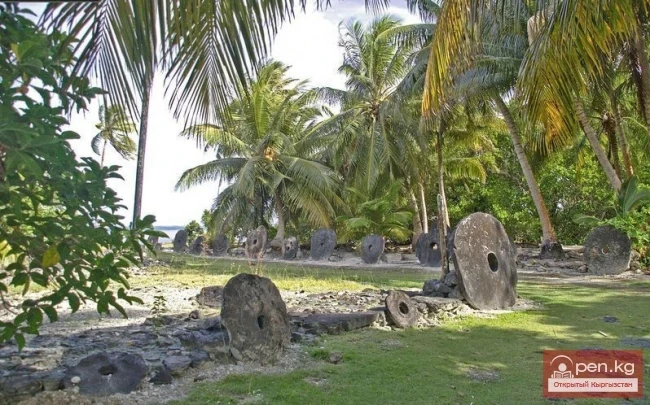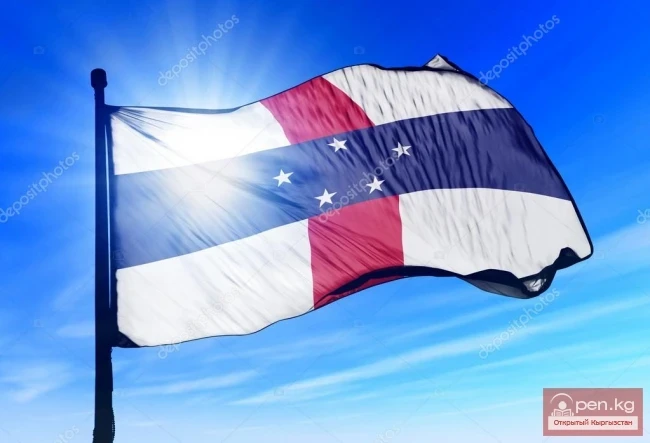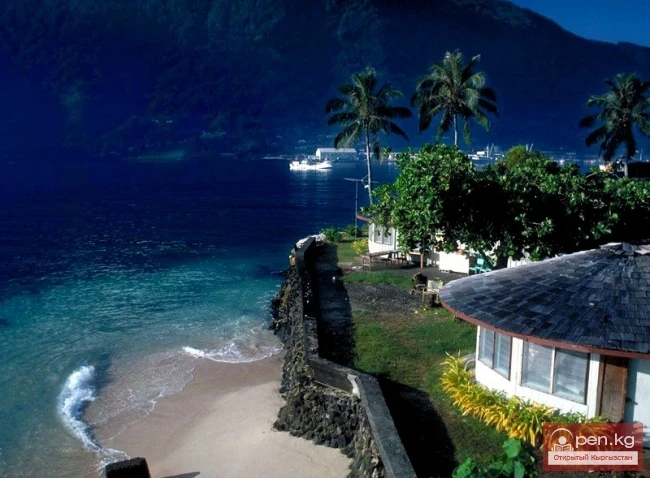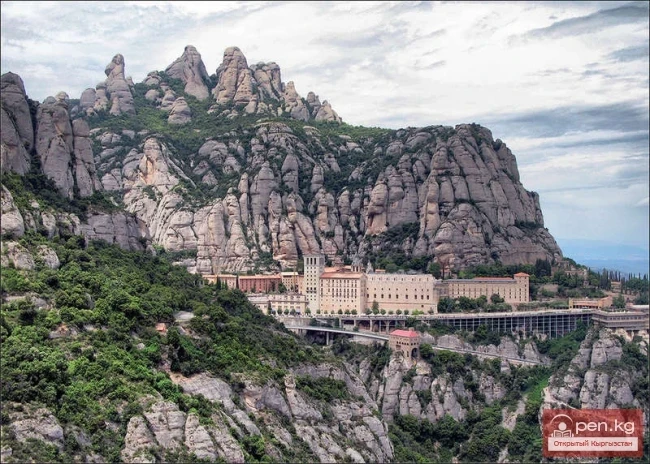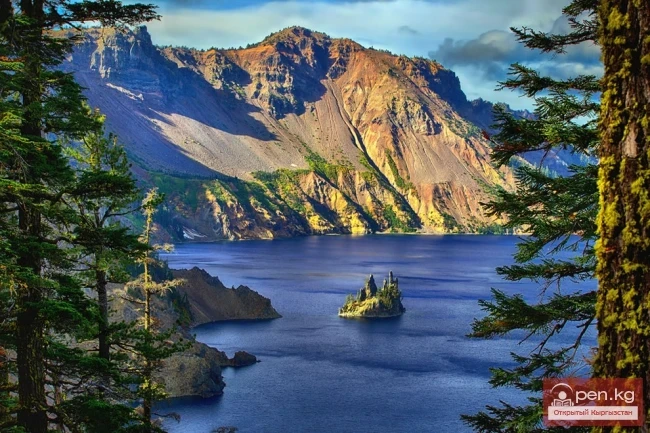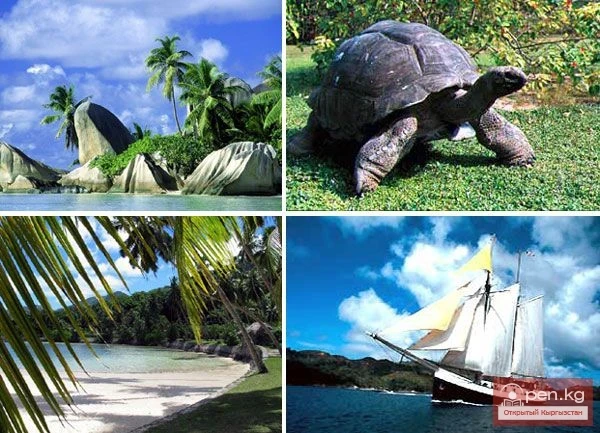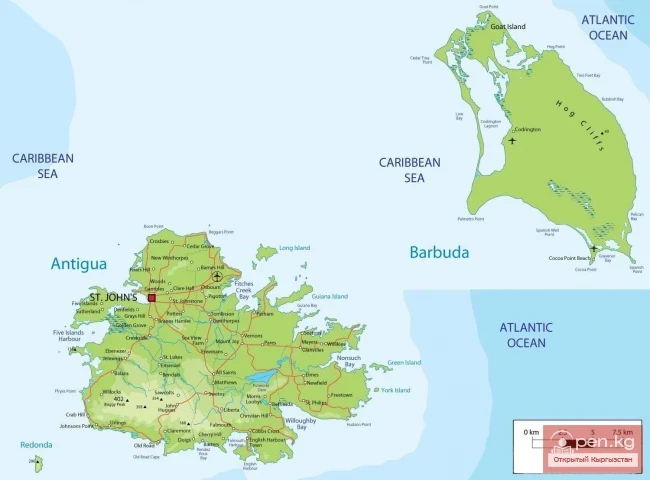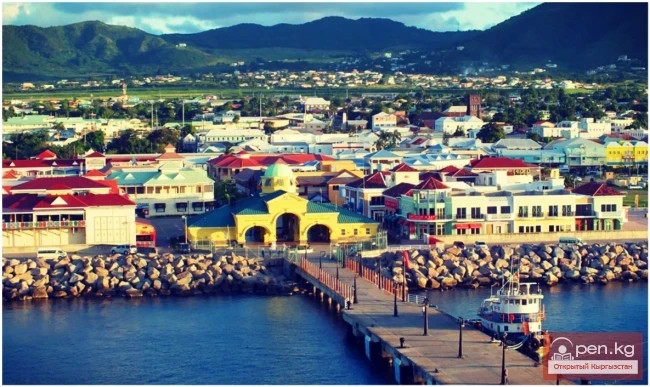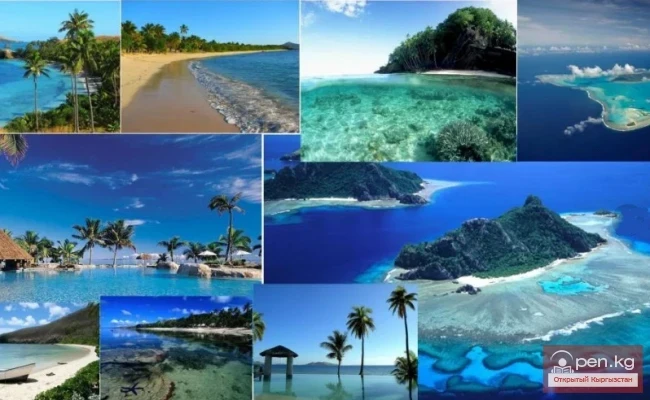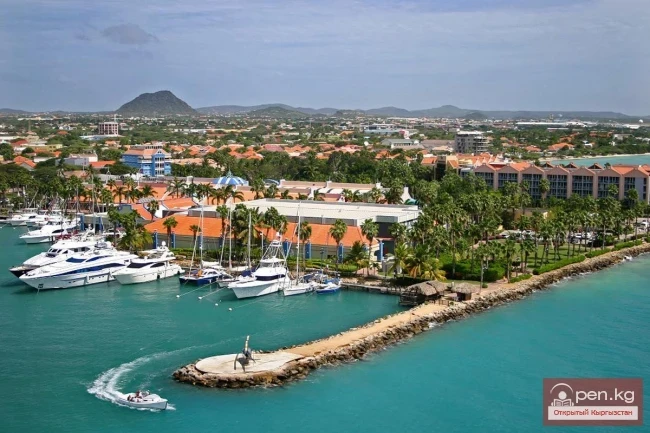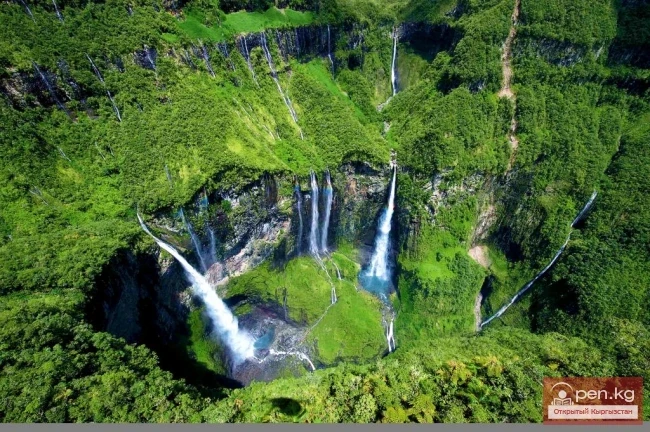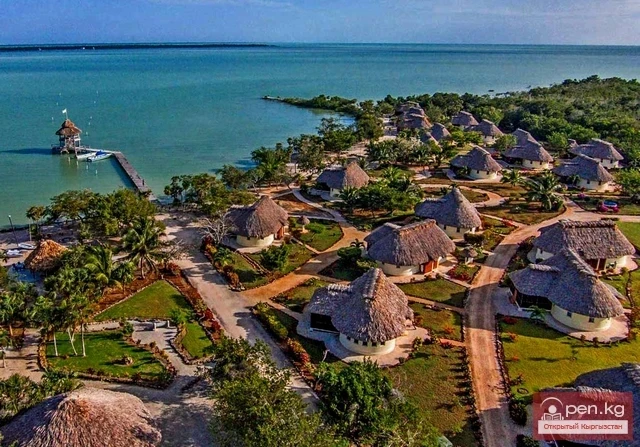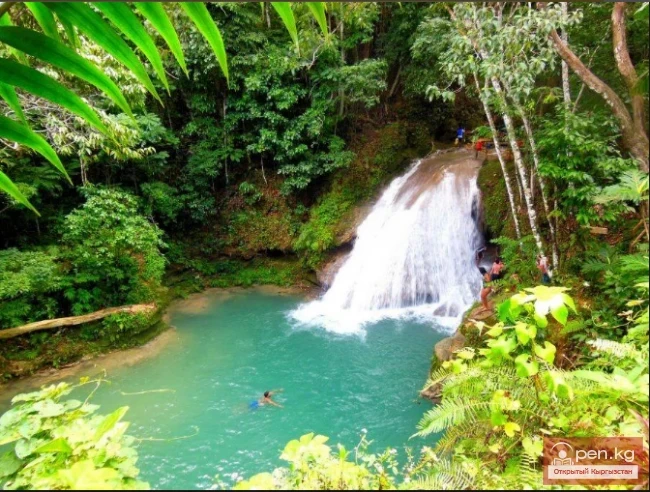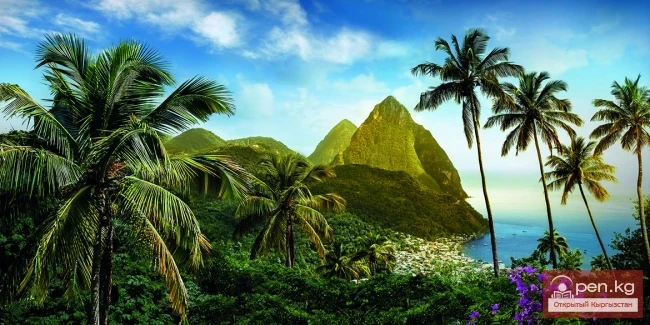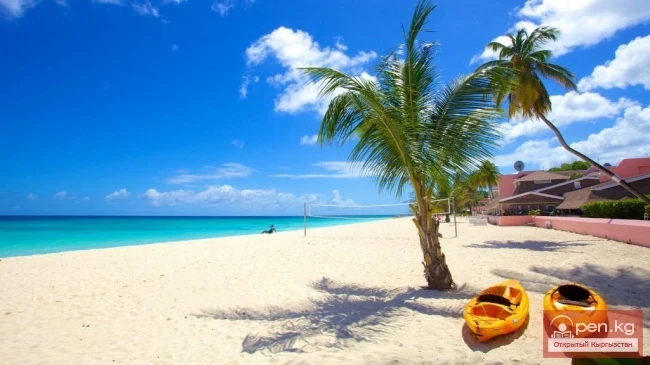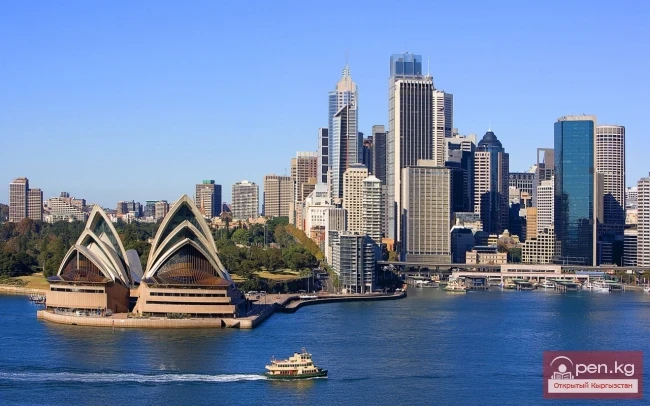COOK ISLANDS
Islands in the center of the Pacific Ocean. They include 15 islands, which make up the northern and southern (Hervey) groups. The largest islands are in the southern group - Mangaia and Rarotonga. The total area is about 240 km². The administrative center is Avarua on the island of Rarotonga (about 1,500). The population is 21,400 (2004), consisting of Polynesians and Māori, descendants from New Zealand. About 24,000 Cook Islanders live permanently in New Zealand. The official language is English. Religion: about 75% of the population are Congregationalist Protestants, with some Catholics. The currency is the New Zealand dollar.
National holiday - August 4 - Constitution Day (1965).
The Cook Islands are a "self-governing territory in free association with New Zealand." The head of the territory is considered to be the Queen of Great Britain. The representative of the Queen in the islands is F. Goodwin. Decisions on key issues of foreign policy and defense are made in consultation with the government of New Zealand. Residents hold New Zealand citizenship. The islands have been granted full autonomy in internal affairs. They have their own constitution, a Legislative Assembly (25 members, elected for 5 years), and a cabinet headed by the Prime Minister (J. Marurai). There is a House of Chiefs as an advisory body, with seats passed down by inheritance (15 people).
The islands were surveyed by the English navigator J. Cook in 1773. From 1888 to 1901, they were under British protectorate, and from 1901 they came under the administration of New Zealand. In August 1965, the Cook Islands received the status of a "self-governing territory in free association with New Zealand."
The basis of the economy is the tourism business, which employs the majority of the country's population. Agriculture and fishing are mainly oriented towards meeting domestic needs. Fresh tropical fruits, copra, mother-of-pearl, and cultured pearls are exported to New Zealand. The industry is represented by two garment factories, a brewery, and fruit processing enterprises. The sale of local stamps and coins plays an important role. Overall, imports exceed exports. The deficit in the foreign trade balance and the domestic budget is covered by direct subsidies from New Zealand.
GDP - 135 million USD (2004).
Two weekly publications and a daily newspaper (2,000 copies) are published ("Cook Islands News" - in English and Māori). There are government services - the Broadcasting and Newspaper Corporations of the Cook Islands.
